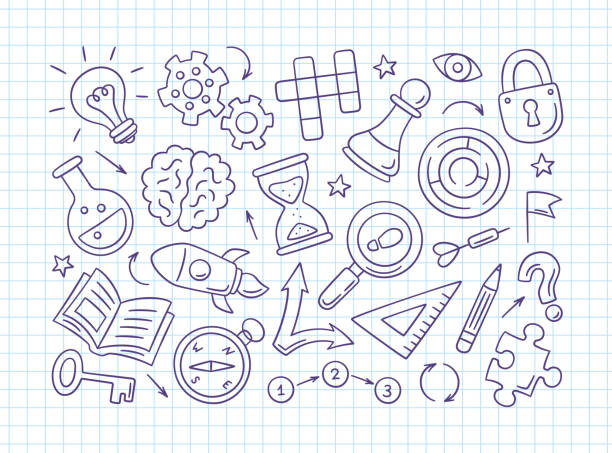
Buy Secondhand Textbooks
Consider purchasing used textbooks instead of buying new ones. Used textbooks are often significantly cheaper than new ones and depending on their classified ‘condition’ or ‘grade’, the difference in condition can be very small.
Read more here about the condition classification system of the book sellers included in our search.




